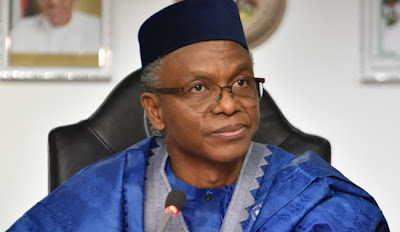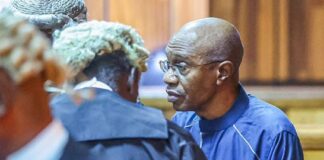El-Rufai formally submitted his resignation to his ward in Kaduna State, making his departure from the APC immediate
El-Rufai Reveals Why He Resigned from APC, Says ‘I Find This No Longer Acceptable’
In a significant political shift, former Kaduna State Governor Nasir Ahmad El-Rufai, a founding member of the All Progressives Congress (APC), has resigned from the ruling party. He cites a fundamental departure from the party’s founding principles as his reason for leaving. El-Rufai has now joined the Social Democratic Party (SDP), positioning himself within an alternative political movement ahead of the 2027 elections.
El-Rufai, a key architect of the APC’s formation in 2013, made this announcement in a press statement released on Monday, March 10, 2025. He expressed deep disappointment with the party’s leadership, accusing it of abandoning the progressive values that once defined its identity.
“For the past two years, I have consistently raised concerns—both publicly and privately—about the disturbing trajectory of the APC. Unfortunately, those in control have shown no willingness to acknowledge or address these issues,” El-Rufai stated.
The former governor, known for his bold reforms in Kaduna State, lamented that the APC has sidelined its internal structures, disregarded its membership, and strayed from the principles that initially united its diverse political blocs.
“These records count for little in the current APC, which has weakened its own systems and treated its membership with contempt,” he remarked. “I find this no longer acceptable.”
El-Rufai formally submitted his resignation to his ward in Kaduna State, making his departure from the APC immediate. He emphasized that his decision to join the SDP was motivated by the party’s commitment to the progressive ideals he continues to champion.
He called on his supporters and well-meaning Nigerians to join him, framing his defection as part of a broader movement to provide a credible alternative to the APC in the upcoming 2027 elections.
His exit marks a significant realignment in Nigeria’s political landscape, raising questions about the future cohesion of the ruling party and setting the stage for intense political battles ahead. Read More









